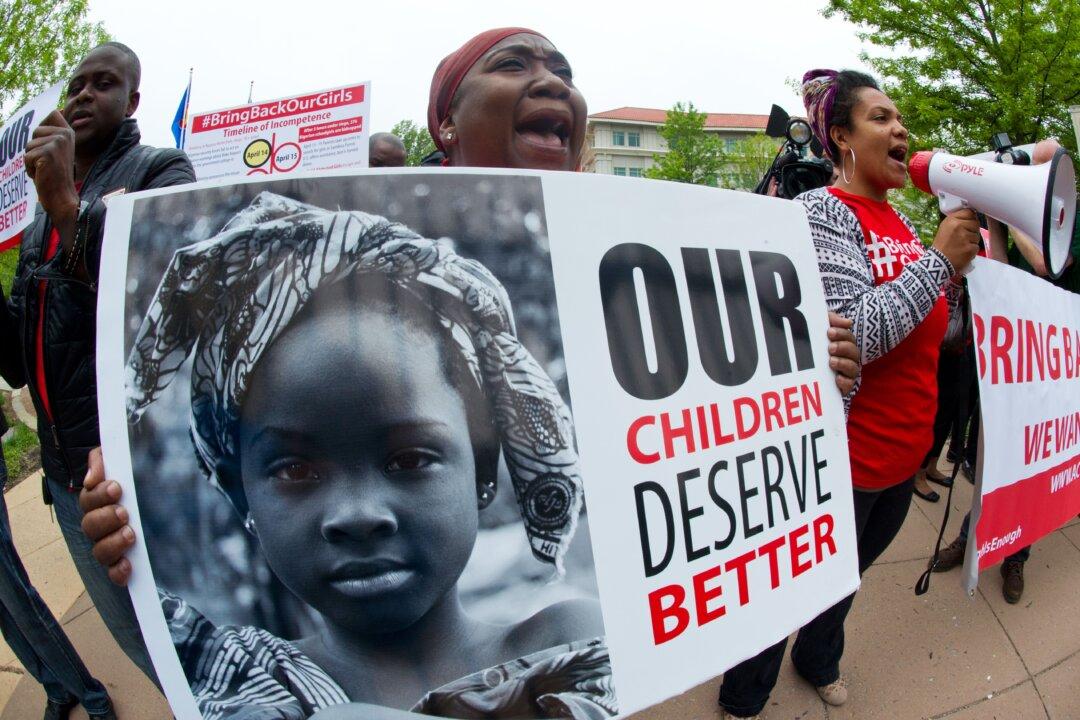Commentary
When, a third of a century ago, I arrived in the town of Maiduguri, the capital of Borno state in northeastern Nigeria, everyone was away at the public executions.

When, a third of a century ago, I arrived in the town of Maiduguri, the capital of Borno state in northeastern Nigeria, everyone was away at the public executions.